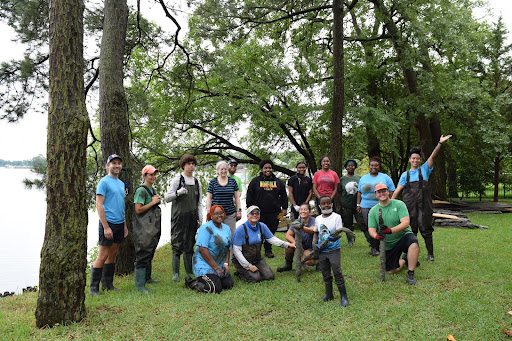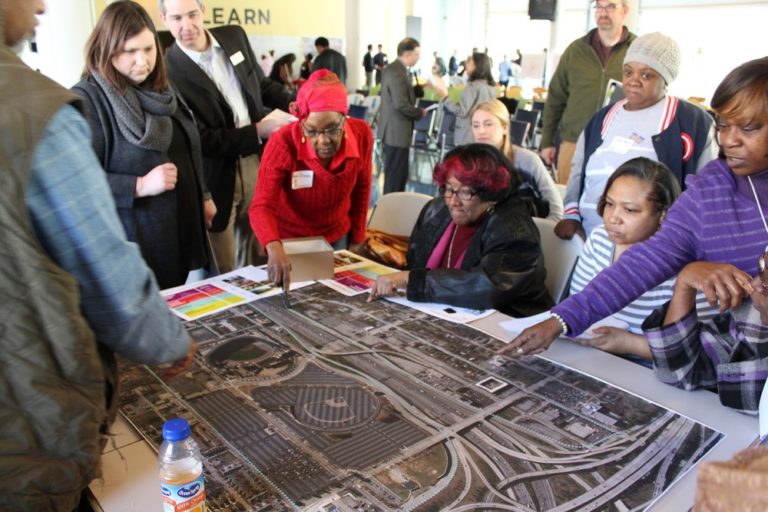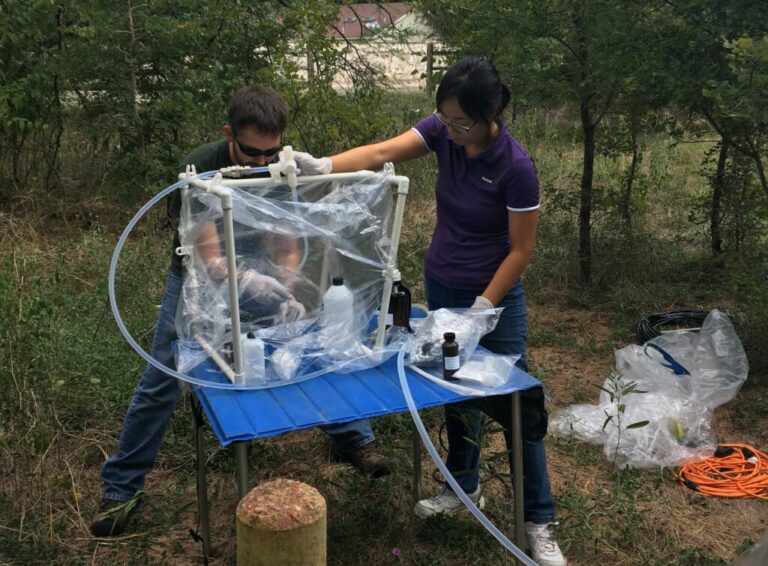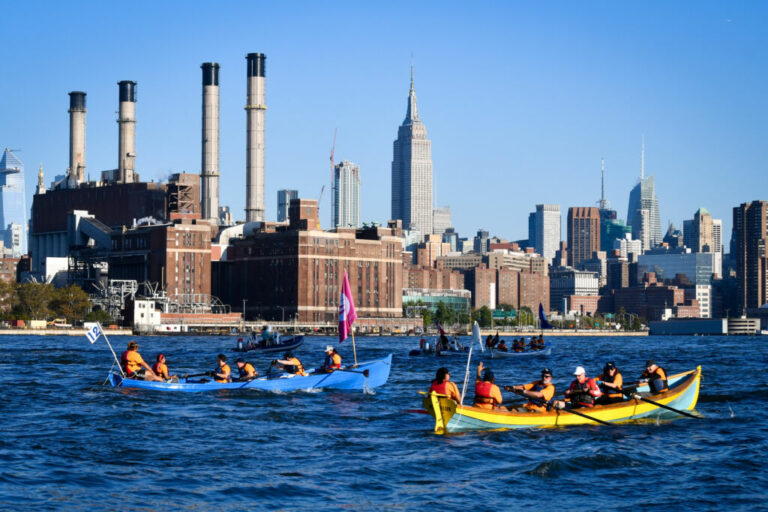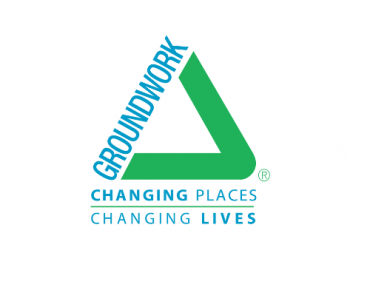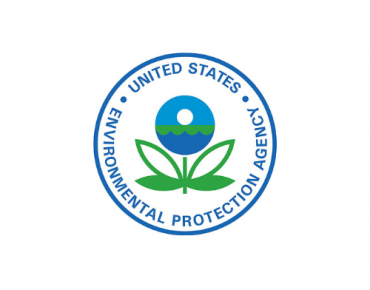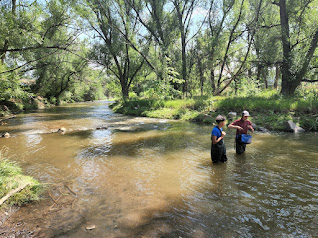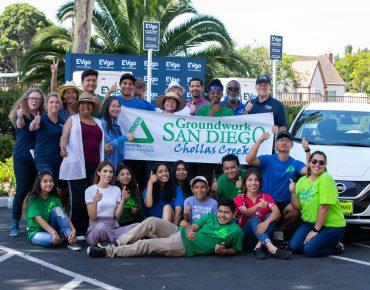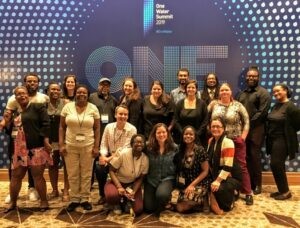The UWLN is a nationwide peer-to-peer network of people and organizations working to conserve, restore, and revitalize America’s urban waterways. We deliver tools, training, mentoring, and financial assistance to support the work of UWLN members as they collaborate, develop solutions, and elevate community priorities. Together, we foster solutions that advance water equity and environmental justice, build healthy ecosystems and resilient communities, and address the disparate impacts of environmental degradation and climate change.
Join collaboratives, conferences, and calls to network with peers to share and learn lessons, successes, and insights from urban waters efforts across the country.
Close
